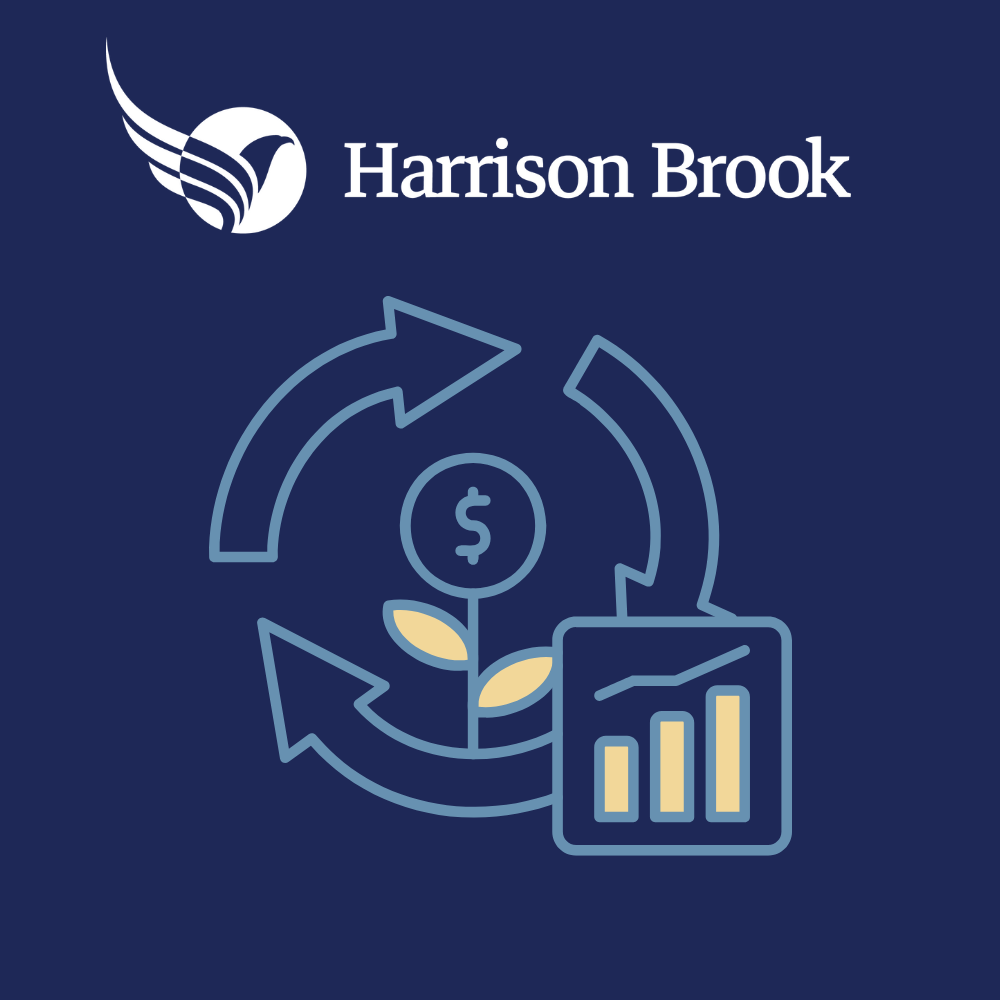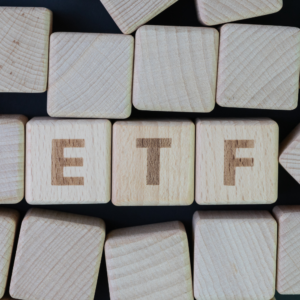
Wondering how to invest as an American living in France? Are you overwhelmed by the French investment options as well as the stringent US restrictions ? US expats living in France have to be careful given the interplay of US and French tax regulations regarding investments. While it’s always recommended to speak with a qualified cross-border investment advisor before investing, here is an overview of your investment options and key considerations.
Local French Investment Options
French banks typically offer three types of investment accounts, however, as we will see below, they often create tax reporting problems for Americans.
- Compte titre: This is the equivalent of a basic investment account in France, but doesn’t offer the tax breaks as the two accounts listed below. However, a compte titres is easy to open, and available from many banks and online platforms. The problem is they very rarely provide the necessary US tax reporting documents – a 1099 for example – which can cause a big headache come tax time. You would also only be able to purchase individual securities. It is also important to know that these types of accounts usually don’t have the same trading efficiency as the US platforms do. For example, you might not be able to access your funds as quickly or you might need different approvals in order to place trades or transfer funds out.
- Assurance Vie and Plan d’Épargne en Actions (PEA): These two accounts are the most popular in France as they offer tax relief on the capital gains. However, for Americans, it’s a completely different story. Unfortunately, these accounts only allow you to invest in European funds which causes huge issues with the IRS (see more below), as well as the lack of tax documents like the compte titres.
US-Based Investments
Many Americans living abroad like the assurance that their investments stay in the United-States. The biggest issue, however, is finding a US custodian that will accept Americans with an overseas address.This is by far the most common problem we see at Harrison Brook, and, as a result, we have worked to build relationships with trustworthy custodians who will accept Americans living overseas.
Individual or joint brokerage Account: A brokerage account is a simple investment account which offers a range of investment options, including US stocks, bonds, and ETFs. There are no tax benefits like the retirement accounts listed below, but accounts can be joint, and there is no limit for contributions or distributions.
Retirement accounts: There are quite a few different types of retirement accounts. If you work or have previously worked for a US employer, you probably have a company-sponsored retirement account such as a 401k or SEP IRA. In addition, many Americans can also save for retirement with non-qualified accounts such as an IRA. Retirement accounts have great tax benefits to encourage you to save for retirement and develop a nest egg for later.
Key Tax Considerations – How to invest as an American living in France
Even though there are investment options in France and in the US, the main issue is to know if they are tax compliant, especially with the IRS.
- US Tax Obligations: American citizens are subject to US taxes on their worldwide income, no matter where they live. While you can often claim a foreign tax credit, it’s still necessary to file your US taxes, including any investment gains or income you received in France. For this reason, it can be quite complicated to have investment accounts that don’t provide a 1099 form (such as French investment accounts), forcing you to keep track of all the dividends, interest, and income of your investments throughout the year. US-based accounts often provide the necessary tax paperwork to file your US taxes.
- PFIC Rules: The IRS’s infamous Passive Foreign Investment Company (PFIC) rules have unfortunately been the thorn in the side of many Americans trying to invest while living overseas. If your investment is considered a PFIC, it will have significant tax implications and loads of paperwork to do. This has been the key reason why Americans should not invest in European funds.
Can I Invest in the US with my Foreign Address?
As mentioned earlier, due to the reluctance of US banks and custodians to accept a foreign address, American expat investors are left with few US-based options. Many try to use a family member’s address back in the United-States, but banks have been clamping down on that practice, often with draconian consequences. At Harrison Brook, we work with custodians that will accept Americans living overseas, even if you later decide to move to another country, or back to the US later in life.
What’s the best way to invest as a US expat living in France?
It’s crucial to consult with a qualified and experienced cross-border financial advisor to guide you through the complexity of US and French tax and investment laws. They can help you find tax-efficient investment strategies, as well as tailor your investments to your specific financial goals and risk tolerance. By carefully considering these factors and seeking professional advice, you can effectively manage your investments and secure your financial future as a US expat in France.
Peace of Mind with Harrison Brook’s Cross-Border Financial Solutions
Harrison Brook is proud to provide a high level of financial services to our clients all over France. Our cross-border advisors have the expertise to help U.S. expats make informed financial decisions and remain compliant with all regulations. With offices in Nice and Bordeaux, having a local advisor is an easier way to build the trust and lifelong relationship with someone who can manage your finances with confidence. Ensure your financial peace of mind by scheduling a consultation with a cross-border Harrison Brook advisor today.


